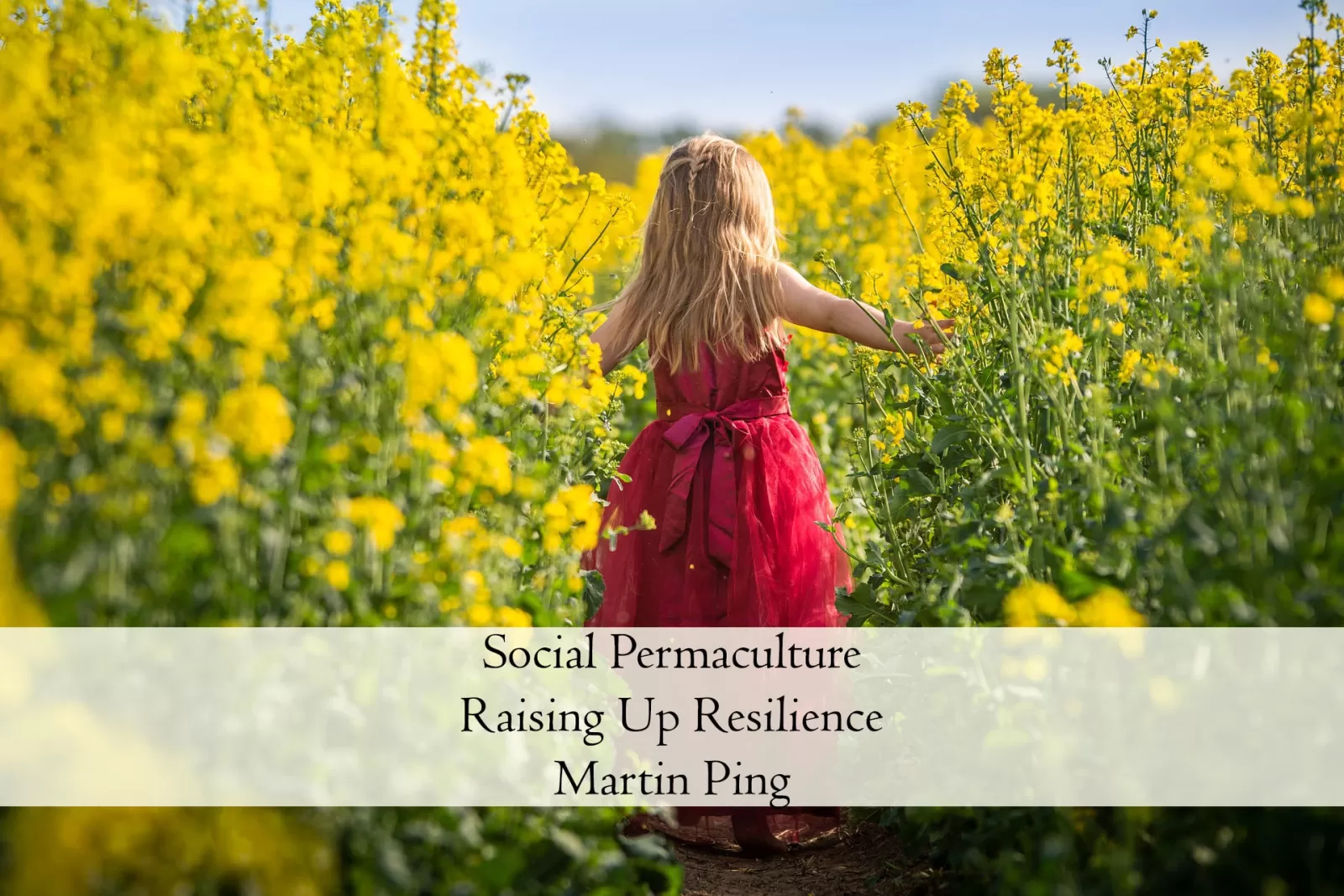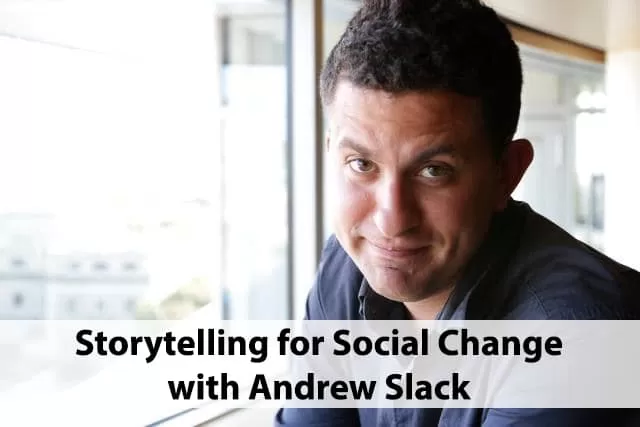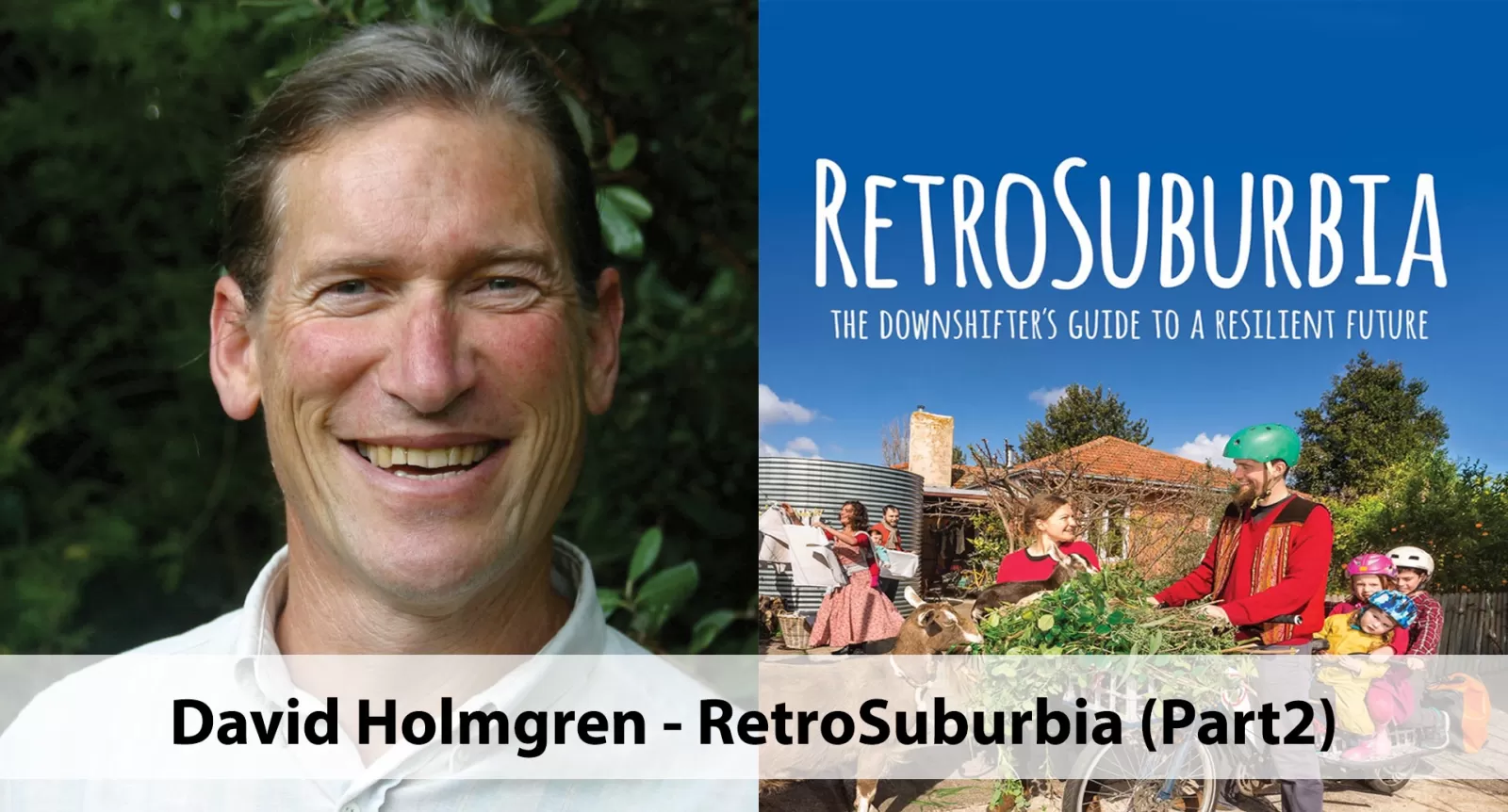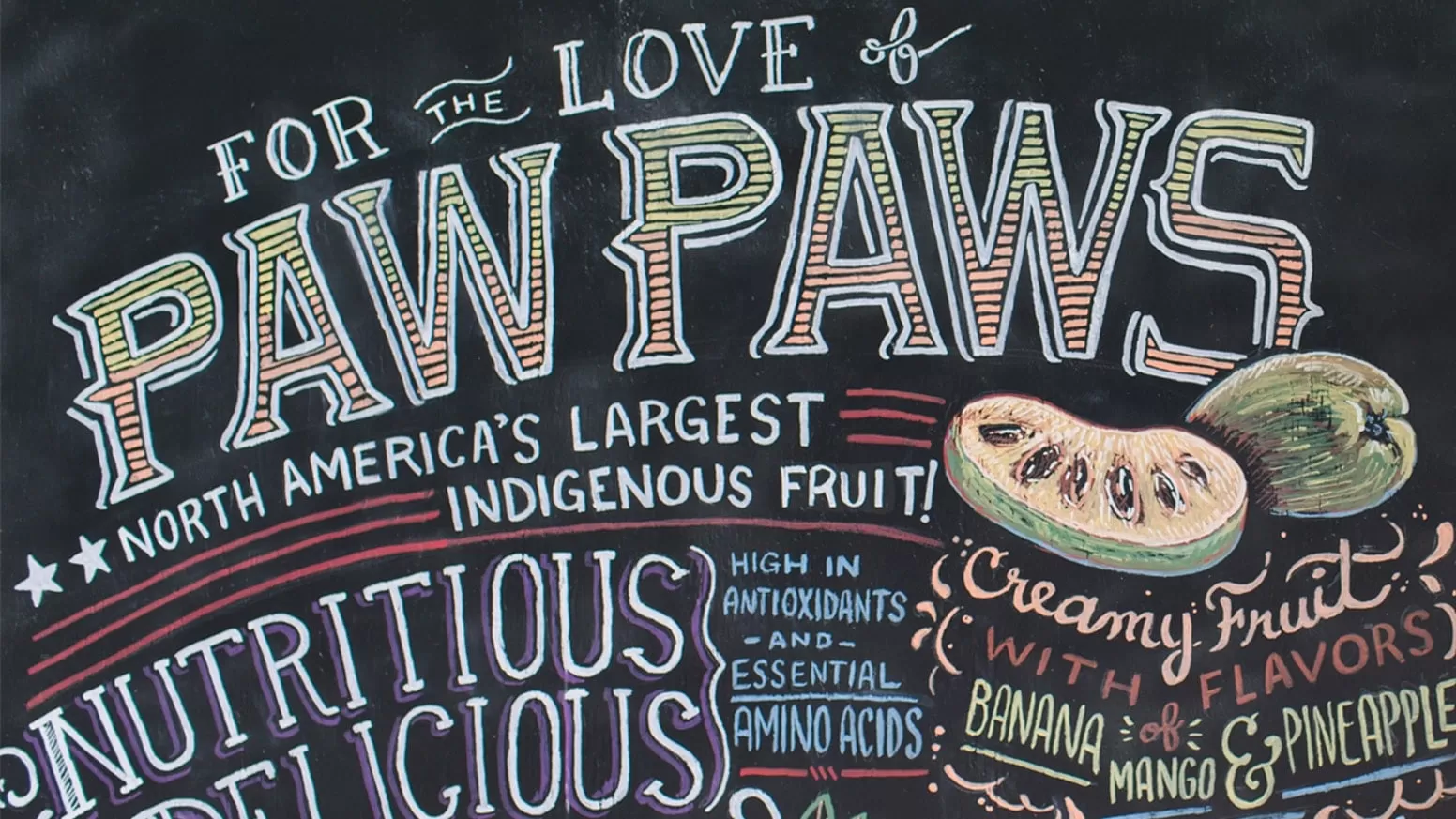Vicki Hird - Rebugging the Planet

We know that pesticides have an outsized impact on insects in the environment, particularly when broad-spectrum chemicals are used, killing nearly all the invertebrates they touch. If you’ve read a warning label on these, or many of the other garden, yard, or farm sprays available, you’ll find cautions about keeping the contents of the container out of waterways or away from amphibians.
But what about the other harms of human impacts? Like the destruction of habitat. The ever-increasing noise of industry. The lights that fill the sky with brightness throughout the night.
And once we’re aware of this mess, what can we do to start repairing the damage?
To look at these problems and find solutions, I’m joined by Vicki Hird, author of Rebugging the Planet. In addition to sharing a wide overview of the harms to insects in the modern age, we also dive into ways we can make a difference in our homes, across the green spaces near us, in our communities, and how to tackle the systemic problems, in order to care for the microfauna of the soil, water, and air.
Vicki Hird, who you can find at rebuggingtheplanet.org. While you’re there, I also recommend clicking on the menu for Photos of Urban Bugs, to see dozens of pictures of insects from her garden. Her book, Rebugging the Planet, is available from Chelsea Green Publishing. I’ll include links to all of those, and more, in the show notes.
As with every interview, there’s so much to take away or comment on from this conversation, whether that’s the impact of fashion and clothing on the environment or the policies which subsidize commodity crops, making junk food overly cheap, while keeping fresh organic food out of the hands of many.
As my children reconnected me with insects and inspired a newfound love of bugs, and my own work on changing ourselves to change the world, I’d like to speak to that as my closing thoughts.
When we look at all the animals and insects in the world, many can be considered charismatic, especially the megafauna like pandas or polar bears. We’re drawn to them when we see them, including some of the smaller ones like a brightly colored and contrasted Monarch butterfly or the bumbling flight of a bee. But we also need to fall in love with the creepy-crawlies which don’t always inspire love at first sight.
Watching my children fearlessly interact with creatures that made me uncomfortable to touch or, in the case of spiders, even to be near, made me wonder why I had those aversions. Though I never discovered the source of my discomfort, stopping to ask where those fears came from was the first step in my reformation.
The next was to get out in the grass and garden to look for all the insects I could find making their way across the ground or crouched on plants. With my camera in hand, I took close-up pictures of everything I could, especially spiders. Then, sitting at my desk, pulling those images up on a large screen so that each creature stood perched before me larger than life, seeing if I could identify them. In doing this, giving a name to what I once avoided and beginning a relationship with each one.
I encourage you to do something similar to connect with the life inhabiting your unique little piece of the world. Whether with a camera, sketchbook, or field guide, spend some time with all the beautiful bugs you can find.
Those, however, are just my thoughts. I invite you to share your observations or questions with me, whether you want to talk about this episode or any of the others in the archives. Leave a comment below.
From here, there is no new episode next week as I’m off to celebrate my birthday on October 31st. If you’d like to get in touch, I will still be available by direct message here on Patreon, or by phone, text, or email. The show will return with a new episode on November 8th.
Until we meet again, make decisions each day that help to rebug the planet, while taking care of Earth, your self, and each other.
Resources
Vicki Hird - Rebugging the Planet Website
Photos of Urban Bugs
Rebugging the Planet at Chelsea Green Publishing
Flight Behavior by Barbara Kingsolver
Silent Summer by Dave Goulson
Xerces Society
National Audobon Society
World Wildlife Fund
Conservation International
Related Interview on Insects
Bees
Related Interviews on Citizen Science
Mycology and Citizen Science
The Citizen Scientist







